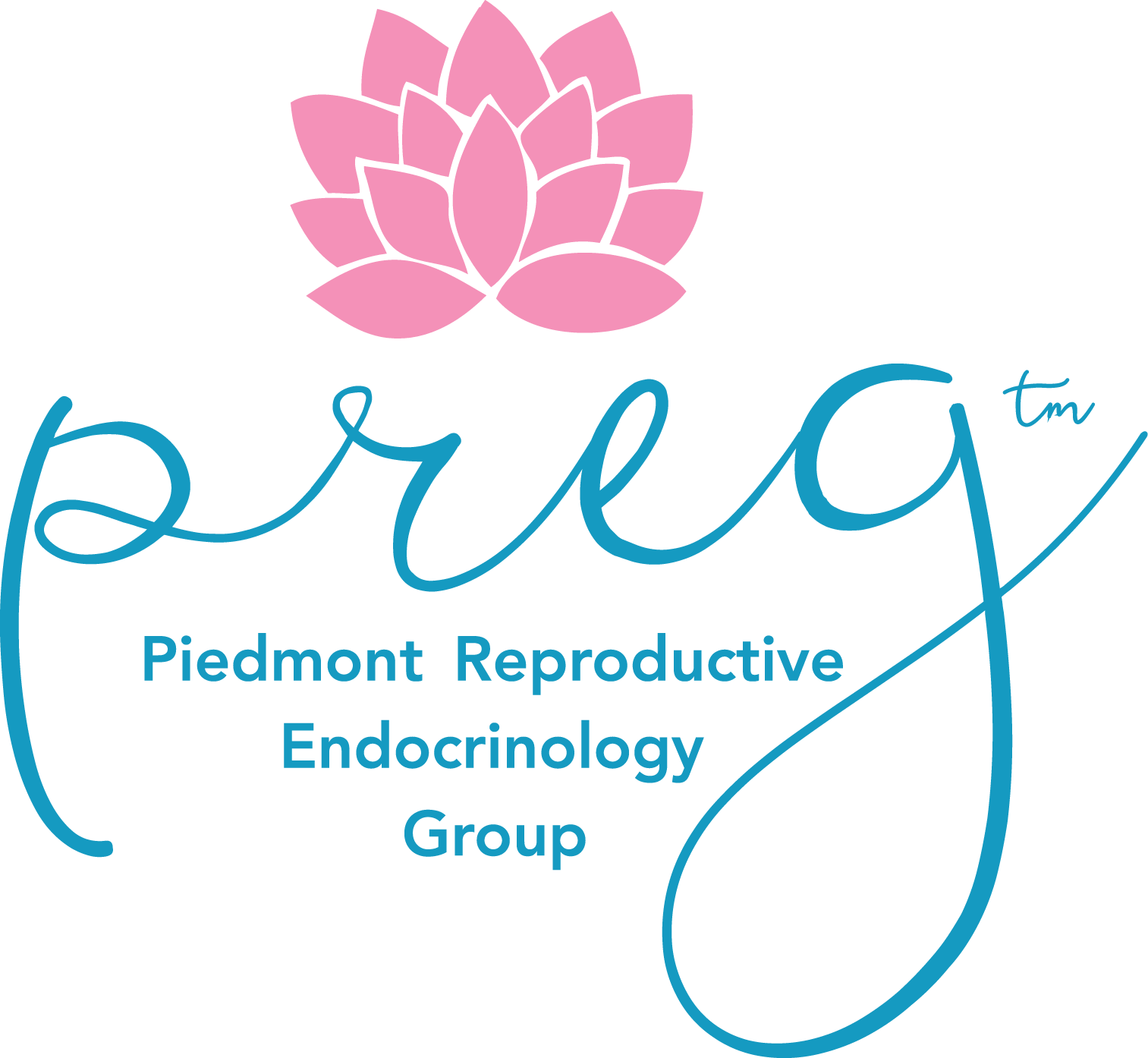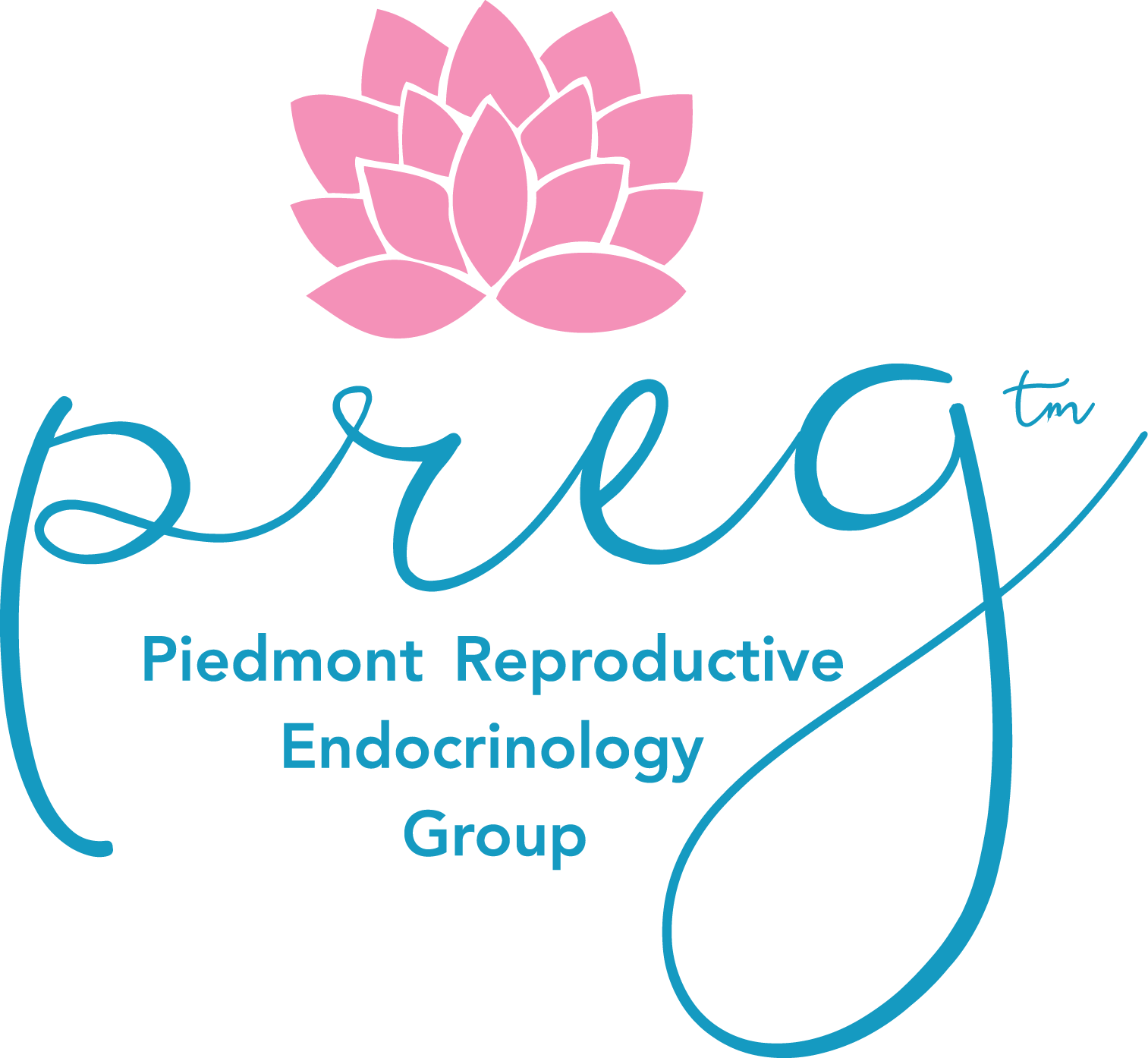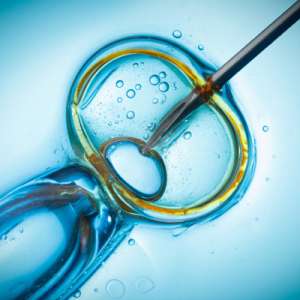In-Vetro Fertilization
IVF Resources
Deciding to pursue IVF as a way of having your baby can be a scary prospect. That’s why we will be with you every step of the way as you begin this process. For your convenience, we provide state-of-the-art infertility treatment options, including In Vitro Fertilization (IVF) at our convenient Greenville, Columbia, Spartanburg, SC and Asheville, NC locations. The routine IVF procedure can be modified with options such as donor egg IVF, Simply IVF, and minimal IVF to meet the individual needs of each patient.
IVF Overview
In Vitro Fertilization involves gonadotropin stimulation of the ovaries with retrieval of eggs by vaginal ultrasound guidance, followed by fertilization with the partner’s sperm or donor’s sperm* in the embryology lab. Embryos are usually allowed to grow 3 to 5 days in the lab before transferring embryo(s) back to uterus. IVF is generally recommended for couples with severe tubal disease or blockage (or previous tubal ligation), severe male factor (low count, motility or morphology), severe endometriosis (Stage III or IV), high amounts of anti-sperm antibodies, or failure to achieve pregnancy with previous treatment protocols (Minimal Stimulation, SOIUI protocols, etc.). Our experienced and compassionate In Vitro Fertilization team oversees every step of the IVF process to provide personalized care focused on your success.
(*Information regarding sperm banks can be found by following this link: www.spermbankdirectory.com )
IVF Resources
- ASRM Assisted Reproductive Technologies (ART) – A Guide for Patients: A great summary of normal reproduction, IVF including evaluation, ovarian stimulation, oocyte (egg) retrieval, embryo transfer, embryo cryopreservation, use of donor sperm, oocytes, embryos, success rates, risks of IVF, and preparation for ART.
- PREG’s IVF Patient Information Handout: Outline of evaluation and treatment for IVF at PREG
- PREG Blog: What is a Monitoring Visit and Why is it Important?
IVF Process
At our convenient locations in Spartanburg and Greenville, Columbia, SC and Asheville, NC, In Vitro Fertilization cycles are carefully planned and monitored. IVF patients will need a baseline ultrasound (U/S) done on cycle day (CD) 2 or 3 to rule out any ovarian cysts or uterine lining problems.
All IVF patients will have pituitary suppression with either Lupron or Antagon. Different protocols will use different combinations of medications and your specific protocol will be determined by the physician and IVF team.
The patient will use injectable gonadotropins, usually 2 to as much as 8 ampules, daily for 7 to 10 days beginning on CD 3. The patient will also require serial monitoring with U/S and blood testing for estradiol levels to evaluate adequate ovarian response and follicular development (usually 4 to 6 monitoring visits).
The IVF cycle will include a Pregnyl (hCG) injection to trigger ovulation and timing of IUI based on U/S size of ovarian follicles. Egg (oocytes) retrieval is performed approximately 36 hours after the hCG shot. Egg retrieval is performed under light anesthesia sedation with ultrasound guidance.
After the egg retrieval step of the IVF cycle is complete, fertilization is performed in the lab with either insemination (placing sperm and eggs together in a small dish and allowing natural fertilization to occur) or by Intracytoplasmic Sperm Injection (ICSI) (see ICSI video) in which a normal sperm is injected into each egg to allow fertilization to occur. Fertilization rates are generally 60 to 80% for both methods. ICSI is recommended for men with very poor sperm counts, anti-sperm antibodies, some case of unexplained infertility and history of poor fertilization in the past.
Embryo transfer will be on either the 5th day after egg retrieval. Your day of transfer will be determined by the IVF team. How Many Embryos Should I Transfer?
If there are available excess embryos of good quality, cryopreservation (freezing) can be performed. Frozen embryo transfers can then be done at a later date.
IVF Success Rates
In Vitro Fertilization rates are based on many factors, but PREG boasts excellent success rates within each age group. This rate is certainly dependent on how many embryos are transferred. Frozen embryo transfer (FET) pregnancy rates are also very high, and PREG makes information about our center’s annual IVF success rates available online for patients to learn more about treatment outcomes. Click here to see PREG’s most recent pregnancy rates.
PREG has been ranked #1 for pregnancy rates for ages 35 and under in the state of South Carolina since 2011! www.fertilitysuccessrates.com



